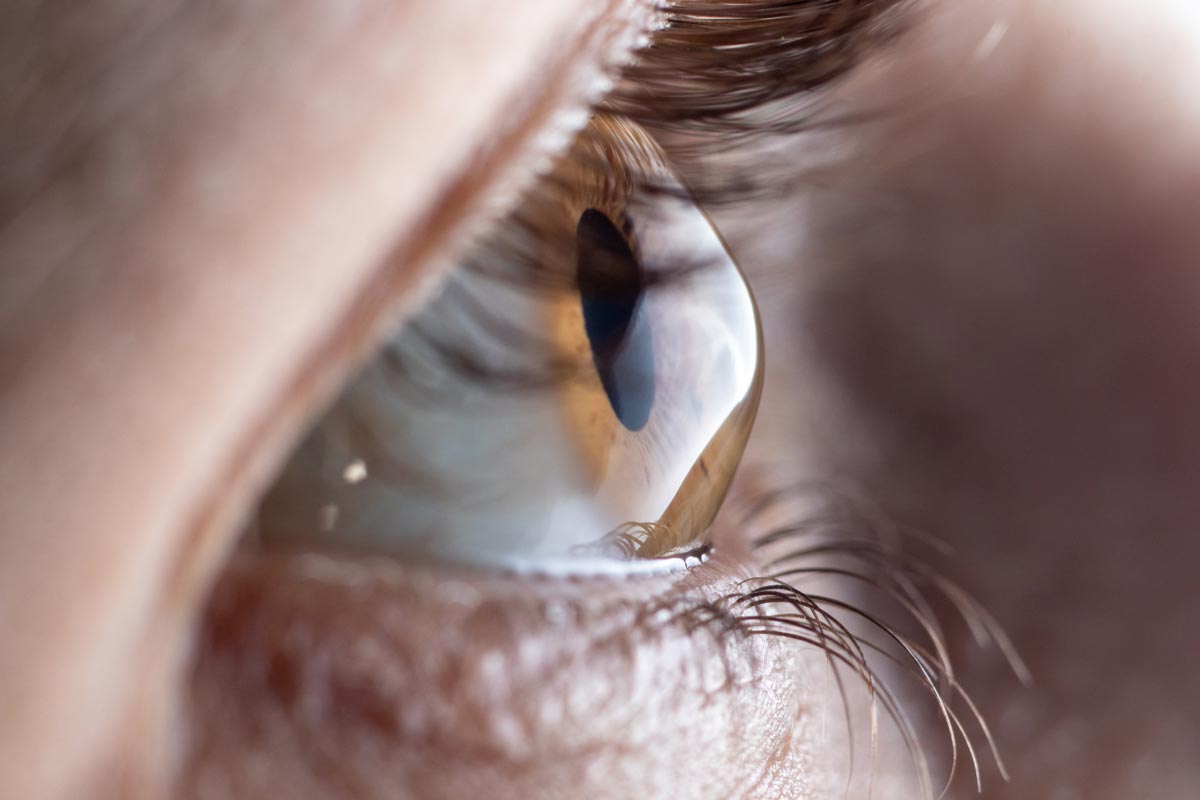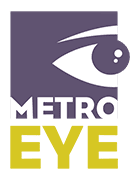
On November 10th, Metro Eye celebrated World Keratoconus Day, a global campaign to increase awareness and education about this condition. It is an important initiative to raise awareness and hope, and we invite you to join us in spreading the word.
Imagine seeing the world through a distorted lens that makes everything blurry & hazy. This is the daily reality for many individuals living with keratoconus, an eye disease that alters the shape of the cornea, the clear window of the eye. Keratoconus causes the cornea to thin and assume an abnormal, cone-like shape, preventing the light entering the eye from being focused clearly on the retina. This condition can significantly impact one’s daily activities, emotional well-being, and social interactions. It affects approximately 50 to 200 of every 100,000 people in the general population and is found in all ethnic groups worldwide.
While doctors do not know for sure why certain people develop keratoconus genetics may play a role, as one in ten individuals with keratoconus has a close family member affected by the condition. Additionally, cases have been associated with excessive eye rubbing, and is found in patients who have connective tissue disorders like Marfan syndrome and Ehlers-Danlos syndrome.
While there is no known definitive way to prevent keratoconus, there are certain measures one can take to reduce the risk of increasing the condition or slowing its progression. These include:
- Avoiding eye rubbing
- Protecting eyes from UV radiation
- Wearing properly fitted contact lenses
- Managing ocular allergy symptoms
- Having regular eye check-ups
Fortunately, significant advancements have been made in managing and treating keratoconus, including the advancement of specialty contact lenses that can provide unmatched visual clarity. Dr. Amanda Kopczyk, specializes in managing keratoconus with scleral contact lenses. Dr. Kopczyk has provided exceptional care to a wide range of patients who have historically struggled with obtaining adequate vision due to their keratoconus. If you or someone you know has keratoconus contact Metro Eye to discuss corrective lens options we offer. Your clear vision and well-being are our top priorities.

